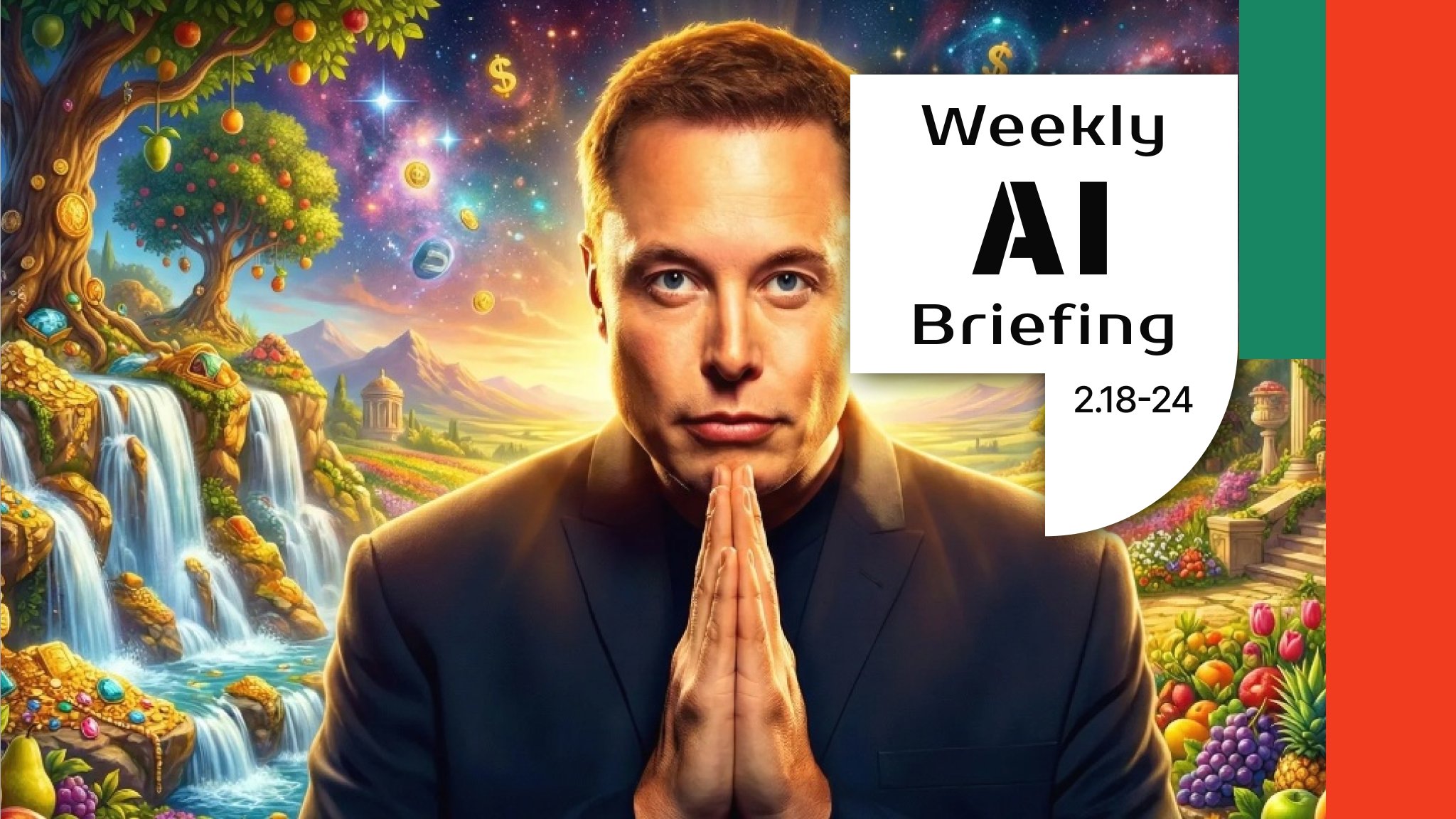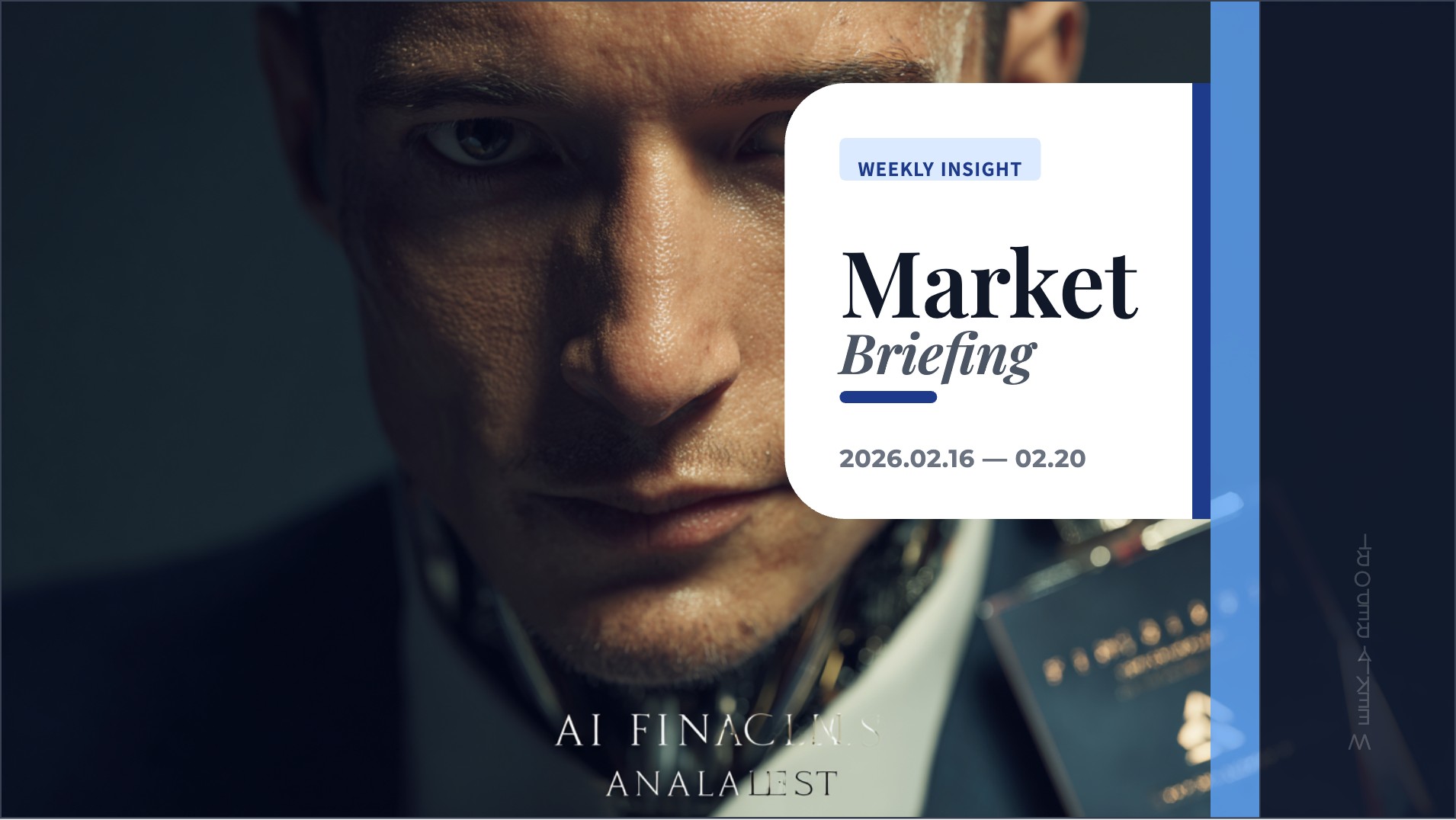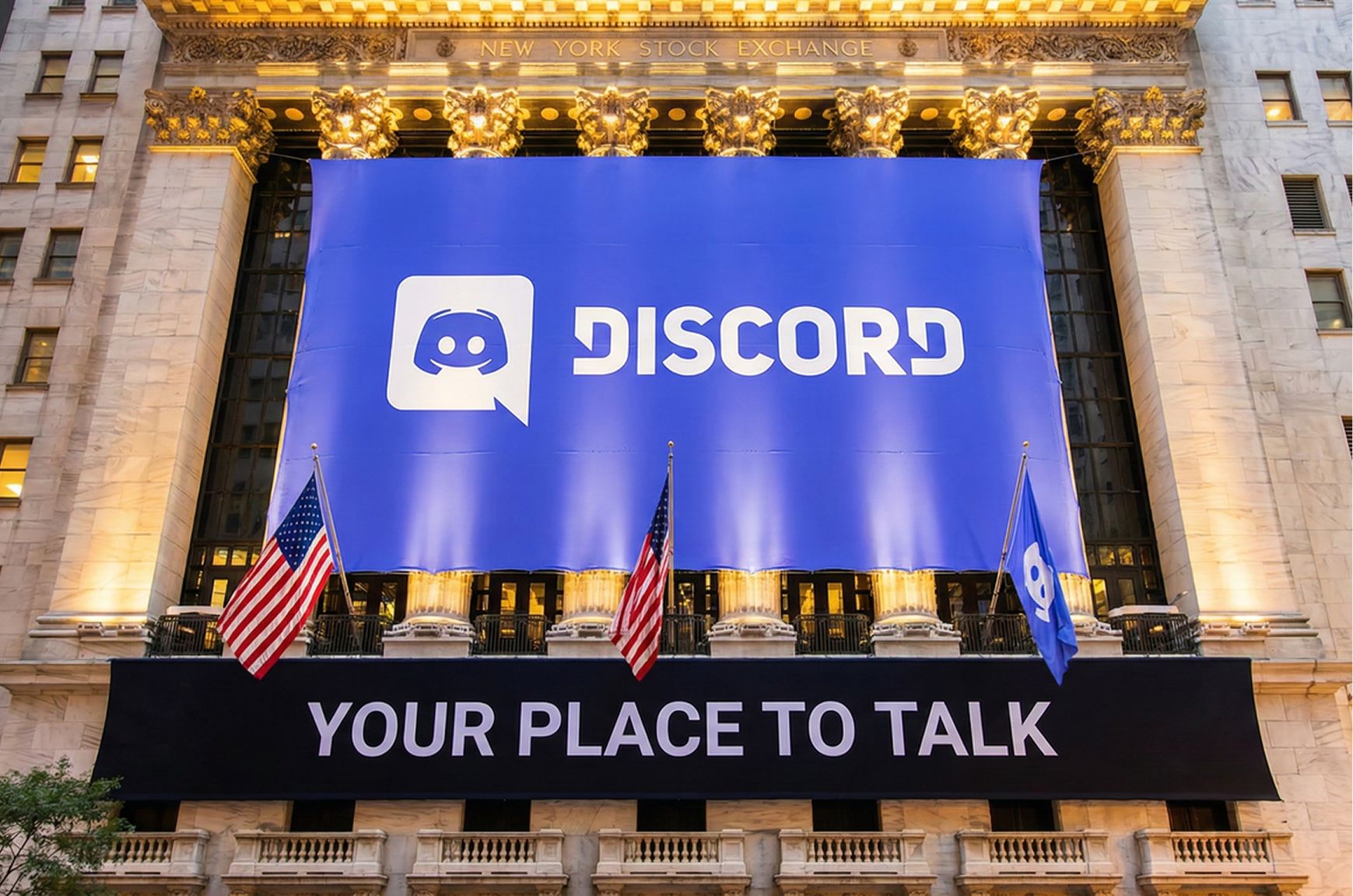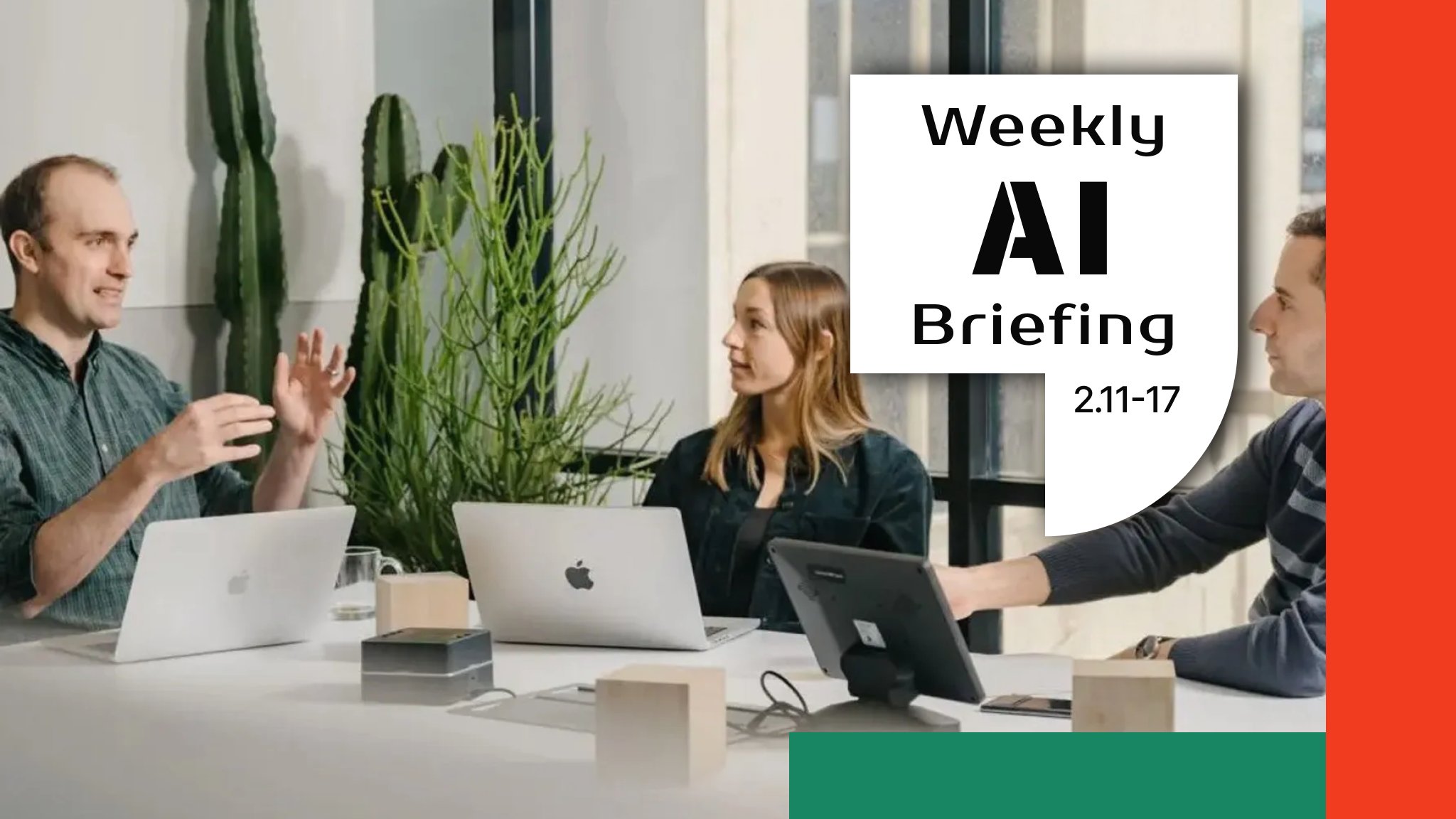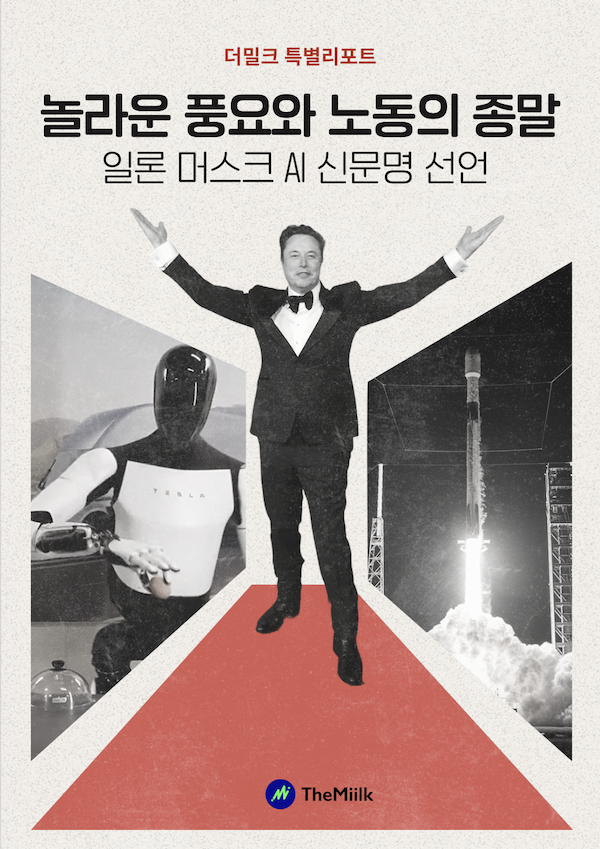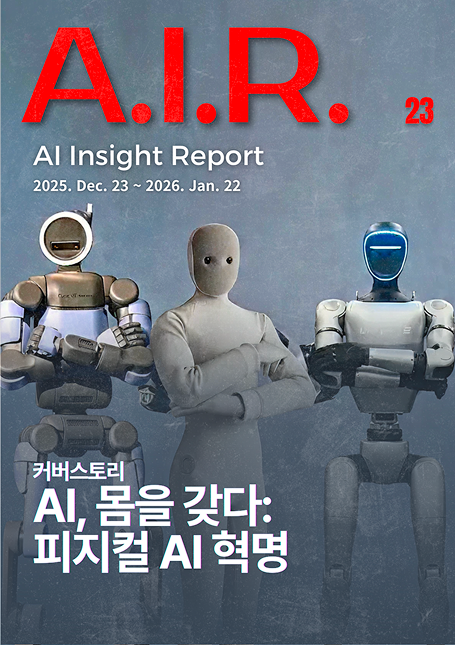OpenAI CEO to visit Seoul to discuss partnerships and regulations
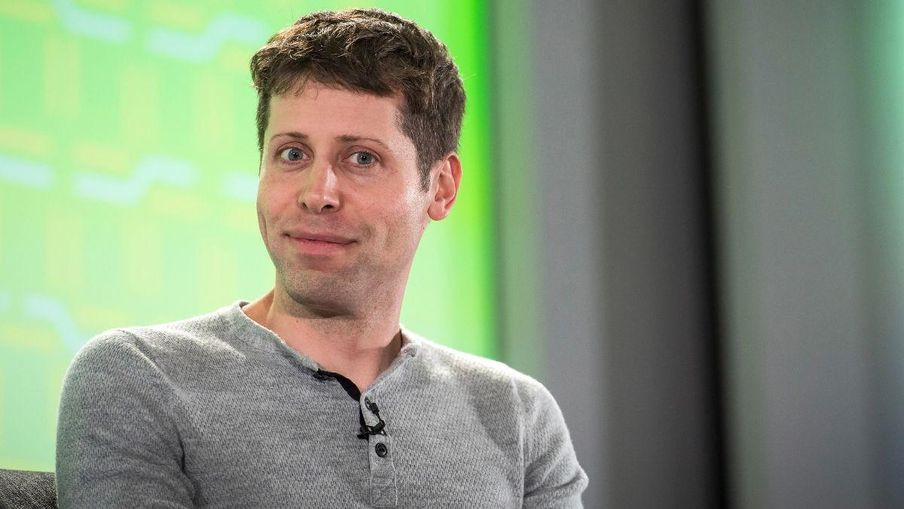
Sam Altman will be in talks with the S. Korean Startups Minister and local businesses to share his insights into AI and discuss regulations.
Sam Altman, the CEO of OpenAI, a company behind generative AI ChatGPT, will visit Seoul this week as part of his recent tour to meet government leaders and businesses around the world.
He announced on Twitter in April that he would visit a total of 17 countries, including Singapore, London, Dubai, and Tokyo. Last month, he met with Japanese Prime Minister Fumio Kishida and had meetings with European politicians, entrepreneurs, and developers.
His global tour came at a time when the generative AI solution garnered immense popularity, as well as concerns over potential threats posed by highly advanced AI. His visits to different countries are considered to be intended to build amicable relationships with local politicians and the public as part of the company's expansion plans worldwide.
GPT-3, which was launched in late November, achieved a milestone of 100 million monthly active users in just two months, compared to nine months for shortform video social media TikTok and 2.6 years for social media Instagram.
During his visit to Seoul, he will participate in a conference scheduled for June 9 to engage with local startups.
Young Yi, the Minister of SMEs and Startups, will lead a discussion session with the Open AI CEO on stage. Around 100 local startups who applied for participation of the conference, will be given the opportunity to meet him in person at the event.
“The recent advancements of AI technology are being referred to as a new revolution as they are already brining an enormous impact on various sectors, including the economy, culture and society, creating business opportunities for startups” said the Minister of SMEs and Startups, adding “The ministry will try to seek cooperation with OpenAI to offer diverse opportunities for domestic startups.”
Following the conference held by the ministry, he will also participate in a talk session with SoftBank Ventures Asia CEO Joon-pyo Lee, and Kyung-hyun Cho, an associate professor of computer and data science at New York University. They will discuss the innovations and future of the AI at the event.
In a conference held in Israel on Tuesday, he emphasized governments need to take cautious approach in heavily regulating the AI industry.
"I think it would be a mistake to go put heavy regulation on the field right now or to try to slow down the incredible innovation," Altman told an audience of some 1,200 people at Tel Aviv University. However, he also added that he would obey regulations.
The AI solution operator was co-founded by Altman and Tesla CEO Elon Musk in 2015 as non-profit organization with a mission to improve humanity with the AI tech. However, Altman and Elon parted aways due to their disagreement in management. According to news outlet Semafor, the Tesla CEO, who had served as a board director, wanted to take control over OpenAI and run it himself. He also blamed Altman for sluggish growth of the company, compared to Google. As Altman and other OpenAI executives opposed Musk’s takeover, the Tesla CEO later stepped down from the board of directors.
The ChatGPT operator is currently valued at $30 billion with 200 million users. In 2019, it announced the founding of a for-profit entity to raise enough money to continue running supercomputers and servers necessary for the AI chatbot service. In the same year, it received a $1 billion fund from Microsoft, which also invested an additional $10 billion in OpenAI in January this year. Since then, the two companies have been in a strategic partnership as Microsoft applies ChatGPT to its range of services, including Bing and Microsoft 365, while OpenAI utilizes cloud-computing power to handle massive volumes of data.
As an investor, the OpenAI CEO has made a number of investments in startups. Among companies in his portfolio are the nuclear fusion energy firm Helion Energy, the brain-computer interface company Neuralink, the social media platform Reddit, and the productivity tool company Asana. He previously led the startup accelerator Y Combinator from 2014 to 2019, overseeing the selection and mentoring of startups.

